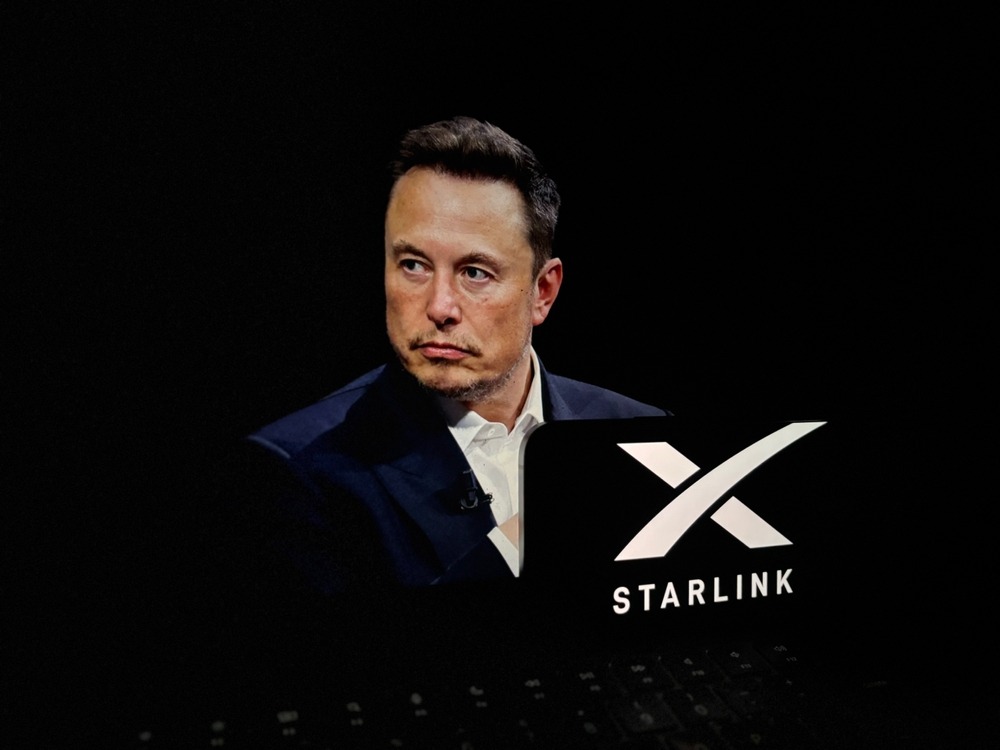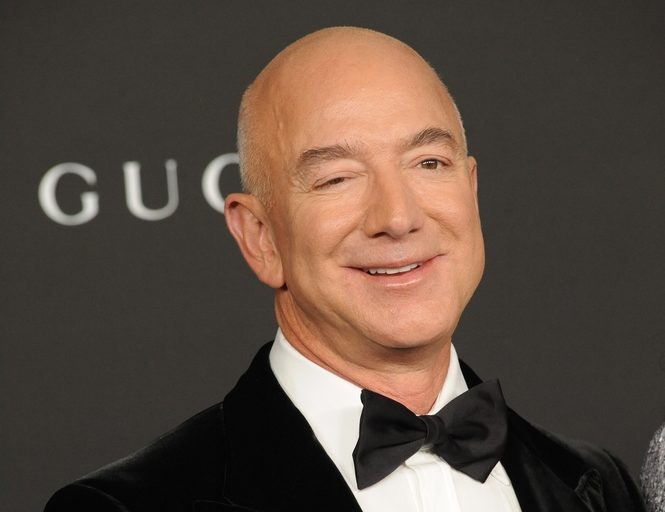Amazon Takes on Starlink with First Kuiper Satellite Launch: A Long-Overdue Challenge to Elon Musk.
It’s been a long time coming, but Amazon has finally entered the satellite internet arena with the launch of its first 27 Kuiper satellites — and not a moment too soon. As Elon Musk's influence grows increasingly controversial, it’s refreshing to see a formidable competitor like Amazon step up to challenge his dominance in space-based internet services. The launch, which took place on Monday from Florida’s Cape Canaveral Space Force Station, marks the beginning of a $10 billion effort by Amazon to roll out global broadband access through its Project Kuiper constellation.

These 27 satellites are the first of 3,236 Amazon plans to send into low-Earth orbit. Their mission: to beam internet to underserved and remote parts of the world, a goal Musk’s Starlink has long monopolized. Starlink, a division of SpaceX, currently leads the sector with over 8,000 satellites in orbit and more than 5 million users across 125 countries. But with Musk becoming one of the most polarizing figures on the planet — and his companies increasingly mired in political and ethical debates — the timing could not be better for an alternative.
Amazon’s launch, conducted aboard an Atlas V rocket from the Boeing-Lockheed Martin joint venture United Launch Alliance (ULA), kicks off what the company hopes will be a rapid acceleration of satellite deployment. Weather issues delayed the initial attempt on April 9, but the successful lift-off on Monday now sets the pace for up to five more Kuiper missions by the end of 2025, according to ULA CEO Tory Bruno.
RELATED: Starlink's Shine May Be Fading, and Musk Has Himself to Blame.
Though Amazon’s satellite plans were first announced in 2019, delays and logistical hurdles kept the project grounded longer than expected. Now, with pressure mounting from the U.S. Federal Communications Commission to deploy at least 1,618 satellites by mid-2026, the company will need to pick up speed. Analysts expect Amazon may even seek a deadline extension, given the slow start.
Amazon confirmed that it expects to establish contact with all satellites within hours or days of the launch, and if everything checks out, Kuiper service could begin rolling out to customers later this year. The company has stated that initial service could start with just 578 satellites, focusing first on northern and southern regions and gradually expanding toward the equator.

Importantly, Project Kuiper isn’t just about internet. It’s also about infrastructure. Amazon plans to integrate Kuiper with its vast cloud computing ecosystem — a major differentiator from Starlink. Jeff Bezos believes this interconnected strategy gives Kuiper a strategic edge over Musk’s offering. “There’s insatiable demand,” Bezos told Reuters earlier this year. “There’s room for lots of winners there. I predict Starlink will continue to be successful, and I predict Kuiper will be successful as well.”
Amazon’s hardware approach also shows promise. The company has unveiled a series of compact, low-cost terminals, including a pizza-box-sized consumer antenna and a Kindle-sized mini terminal, expected to cost under $400. Tens of millions are planned for production, signaling serious intent to scale.
Musk’s advantage has long been SpaceX’s dual role as both satellite operator and launch provider. With reusable Falcon 9 rockets launching roughly once a week, Starlink has been able to rapidly deploy its network. But Amazon isn’t far behind in terms of logistics. In 2022, it booked 83 rocket launches — the largest commercial launch deal in history — with ULA, France’s Arianespace, and Bezos’s own Blue Origin, ensuring ample launch capacity for years to come.

With the geopolitical and defense landscape shifting, Kuiper will also have military applications. “It will be a primarily commercial system, but there will be defense uses for these LEO constellations, no doubt,” Bezos added.
While Starlink may have the lead for now, Musk’s growing list of controversies — from erratic behavior on social media to his handling of platforms like X (formerly Twitter) — have left many wary of supporting his ventures. Amazon’s more disciplined and corporate approach could prove appealing to customers, governments, and institutions looking for reliability without the spectacle.
Conclusion - A Timely Challenge
It’s about time someone took on Elon Musk’s satellite empire, and Amazon might be the perfect challenger. With Musk becoming one of the most disliked figures in tech and business, Jeff Bezos and Project Kuiper have a real opportunity to capitalize. Bezos brings a track record of stable execution and customer-centric innovation, and that contrast may resonate now more than ever. People are tired of the drama, and if it comes down to choosing between two billionaires, more people than not may pick the one who isn’t constantly setting fire to his own reputation.













